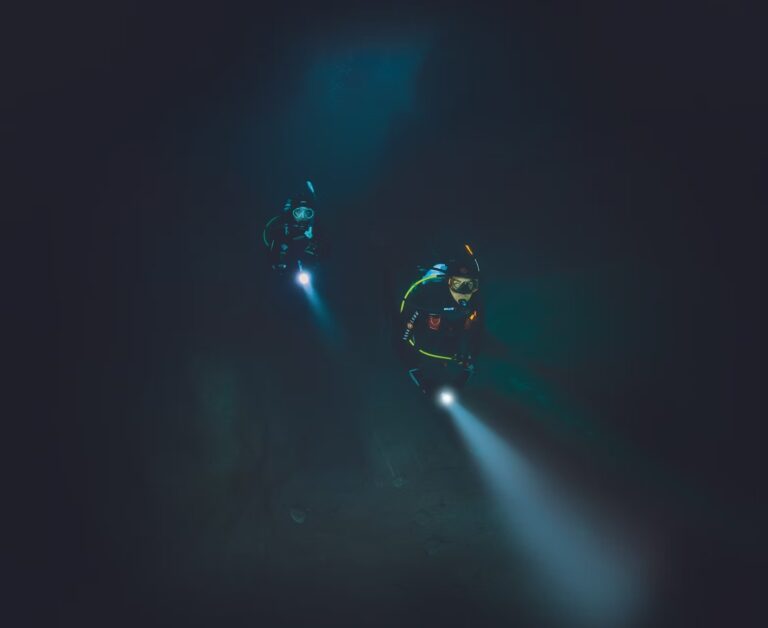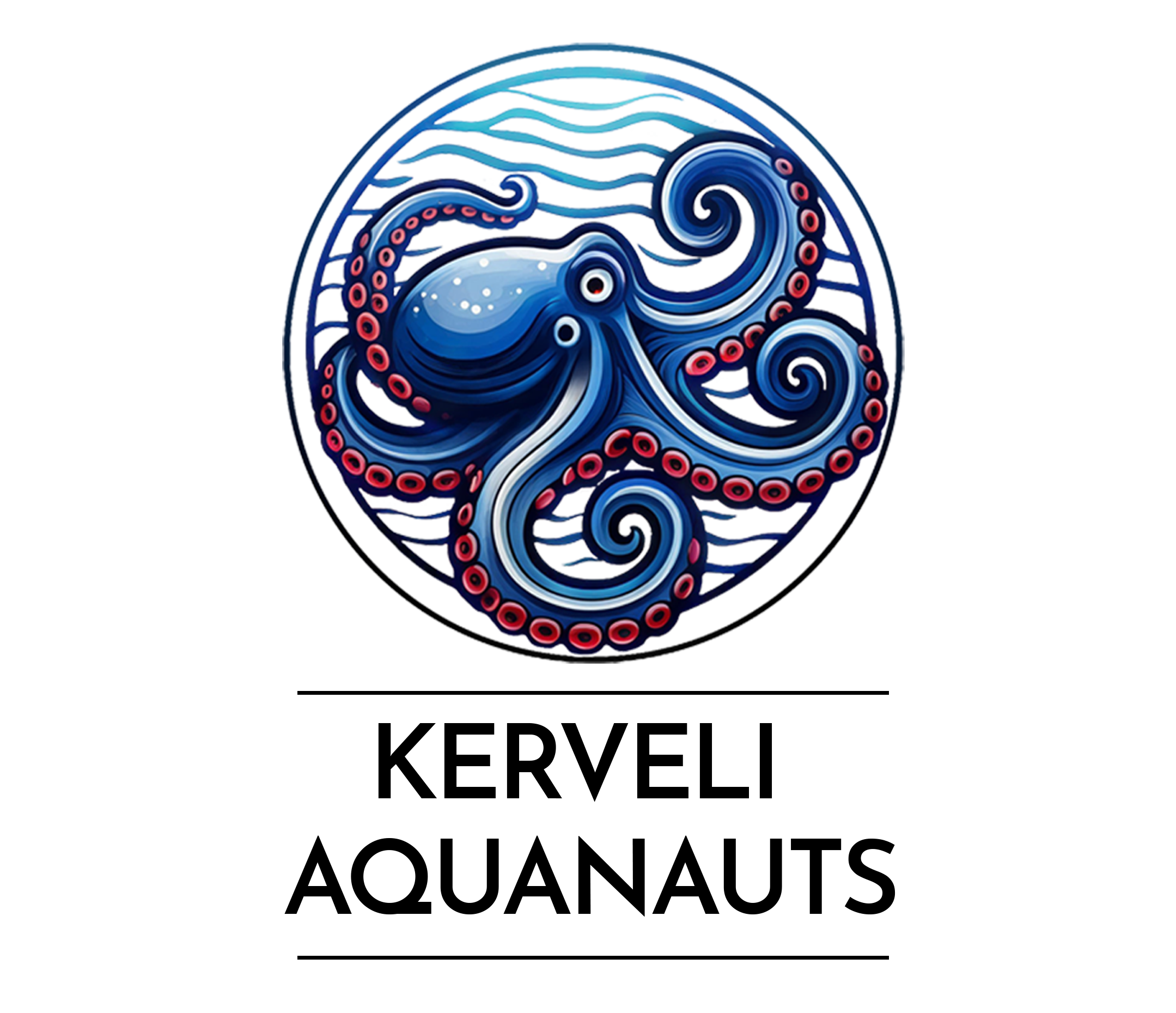
Night Diver
Darkness Transforms the Ocean – Are You Ready to Explore?

Certification Requirement
Prerequisites
PADI (Junior) Open Water Diver (or qualifying entry-level certification)
Time
PADI eLearning: 2-4 hours
Entire course: 2 - 3 days
Age
12 years or older
Health
Good physical health
Depth
Depends on your current certification level
Equipment
Swimwear and towel
What You'll Learn
Navigate underwater at night
Navigating underwater at night is a magical and unforgettable experience. With a dive light in hand, you explore a whole new world where nocturnal creatures come to life. It’s quieter, more mysterious, and full of surprises—from glowing plankton to shy animals that only come out after dark.
Choose photo equipment
Whether you're a beginner or an experienced diver, the right camera and accessories help you capture clear, vibrant images beneath the surface. From compact waterproof cameras to advanced setups with lighting and lenses, picking the right gear makes your underwater adventures even more rewarding.
Photograph marine life
PADI Digital Underwater Photographer
During the PADI Digital Underwater Photographer course, you’ll learn how to take underwater photos you’ll be proud to share with others.
Avoid beginner mistakes and shorten the learning curve with tips from the pros. Learn how to use underwater photography lights (strobes), avoid backscatter and enhance color. Learn professional tricks and tips for taking great photos underwater and the best way to capture video while scuba diving with a GoPro (or other action camera).
This course is divided into two levels, each with its own specialty certification:
- Level 1 is ideal for beginner underwater photographers who have little to no experience capturing images underwater and/or are considering purchasing an underwater camera setup. Those using an action camera or a smartphone with an underwater housing can also take this course.
- Level 2 is designed for more advanced underwater photographers who already have a basic knowledge of photography and want to refine their skills. This level focuses on composition, specialized lighting techniques, working with one or multiple underwater strobes, and advanced photography methods such as wide-angle shots, model photography, split shots (half above/half below water), and macro photography.

Course Content & Structure
1 pool/confined water session, 2 open water modules (2 or 3 dives)
Course Content – Level 1 (Beginners)
Theory at Your Own Pace:
- Study the theory at home or on your vacation, at your convenience, using the ‘Open Water e-Learning’ package included in the course fee.
- Once you pass the online theoretical exam, and your training, only then you are qualified to get your certification.
Course Content – Level 1 (Beginners)
Open Water Sessions:
- Light and Color Loss
- The Relationship Between Shutter Speed, Aperture, and ISO – The Exposure Triangle
- Depth of Field
- Setting White Balance
- Using an (External) Flash
During the course, you will learn how to achieve stunning results by manually adjusting aperture, shutter speed, and ISO settings.
Course Content – Level 2 (Advanced)
Open Water Sessions:
- Review of the exposure triangle and shooting in RAW.
- Using (underwater) accessory lenses.
- Utilizing diffusers and domes.
- Focus lights and snoot photography.
- Working with multiple strobes and strobe setups.
- Advanced photography techniques: macro photography, wide-angle, mixed-light photography, backlighting, half-and-half shots, and underwater model photography.
- Composition.
- Photo editing using photography software
More Info
Medical Requirement
Scuba diving requires a minimum level of health and fitness. Chronic health conditions, certain medications and/or recent surgery may require you to get written approval from a physician before diving.
Avoid disappointment, download and review the Diver Medical form to ensure you won’t need a physician’s approval to dive before enrolling in a scuba course.
Instructors, divemasters and dive shop staff are not physicians and should not be asked for medical advice; only medical professionals can give medical clearance to dive.
If you (or your physician) have questions about medical fitness to dive, contact the experts at Divers Alert Network (DAN).
Other Costs & Equipment
Beyond basic scuba equipment, you'll need a digital underwater camera, Go Pro or smartphone with case and a computer or other device for downloading and viewing your images.
It’s best to use your own camera, strobes, etc. during the course so you can become familiar with how they work.
Do I need to purchase the e-Learning course in advance through the PADI website?
No. With all of our courses, the e-Learning course is already included in the course prices.
Moreover, if you were to purchase the e-Learning course through the PADI website, it will end up being more expensive.
This is because we, as a dive center, have better conditions than individuals, allowing us to offer the e-Learning course at a lower price.
Therefore, it is absolutely not necessary to purchase the e-Learning course in advance through the PADI website.
If you do, unfortunately, the total price of the course will be higher for you.

